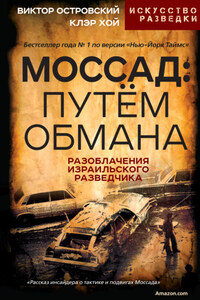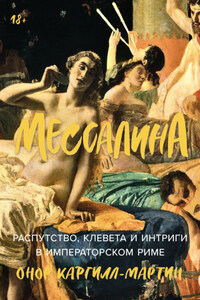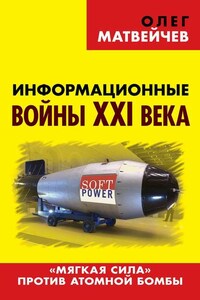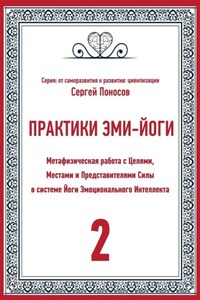Amazon has given an access of its first automated store to the public. Amazon Go is a grocery store situated on the first floor of the corporation's Seattle head office.
This store, which offers food, drinks and canned goods could transform our shopping habits in the future.
As soon as you arrive at the store, your presence will be tracked by phone app. Customers need to download the app and register in it. Infrared cameras watch about everything that happens in the store. If you pick up items from the shelves they will be automatically put into your virtual shopping cart. When you put an item back, the cameras easily detect it. The fact you walk out your account is charged without making any physical payment.
The technologies used at Amazon Go are the same as driverless cars – computer detecting, weight sensors and complicated algorithm’s structures.
The 1,800 square foot store has been opened to Amazon employees for a year in very convenience location. Now other customers can also shop there. At this moment there are 5 stores only in Seattle. In September 2018 some facts were reported. Amazon had plans to open at least 3000 shops across the USA by 2021.
However, not everything has been running smoothly in the store's opening year. There were some obstacles to overcome. For example, it's hard for cameras to discern between different flavors or products that look alike. They definitely have problems with identifying customers with similar appearance and clothes.
Although there are no checkout counters and cashiers which make you wait in line, there are shop assistants who restore goods and give an advice to clients.
Bitcoin is a cryptocurrency that was launched in 2009 by a Japanese program developer. The real name of that person is not known. Furthermore, it is difficult to identify whether it is one man or group of people. In contrast to material money, which is released and controlled by government, there is no central organization, which manages Bitcoin. If you want to send or receive these digital money, you can easily do it. Giving your personal information or location is needless.
Bitcoins are virtual currency. The buying process is carried out in exchanges, where you can trade them for real money.
Bitcoins are created by a process called mining. Everyone can produce it. You need only a personal computer with a powerful videocard. All transactions form a blockchain. People compete to prove the correctness of the transactions. If they succeed they will get a certain number of bitcoins as a reward.
Customers should save their bitcoins in an internet wallet, a kind of software that manages your virtual money. Consequently, you are able to buy goods from merchants who accept bitcoins. You can also sell items and get bitcoins in return. You need to use your special bitcoin address when shopping. Bitcoin is a way of selling and receiving money anonymously. But most of the governments are unhappy about that invention. They see it as a good way of transferring money from illegal activities.
The value of bitcoins is proved by their popularity in the world and their safeness. If the number of users increase, then the price of currency will go up. On the other hand, scandals around Bitcoin has made the value of the digital currency go down.
Many economists expect Bitcoin as the currency of the future. However, there are people who criticize it. Because of high electricity consumption, price volatility and thefts. The network may suffer from hackers. Bitcoin is also seen as a playground for money speculation.
The first mention about ruble appeared in century when it was a main currency of Novgorod Velikiy. It is the oldest currency except British pound. Firstly, the coin’s weight was 200 grams and the length could reach about 20 centimeters. There are two different opinions about the origin of ruble. Both theories are approved and considered as true. Nevertheless, our ancestors, who lived 700 ago, exchanged rubles to some goods.
In early 13 century bars of rubles were becoming more popular. But, eventually, the government faced the problem of shortage of silver. This metal was essential to produce coins. In this way, Dmitry Donskoy ordered to start a production of small and lightweight coin which would become a replacement for large bars. This solution was quickly appreciated by people from different estates. Ruble was equaled in all provinces. If a merchant wanted to sell his products in another principality, he did not have to change the currency.








